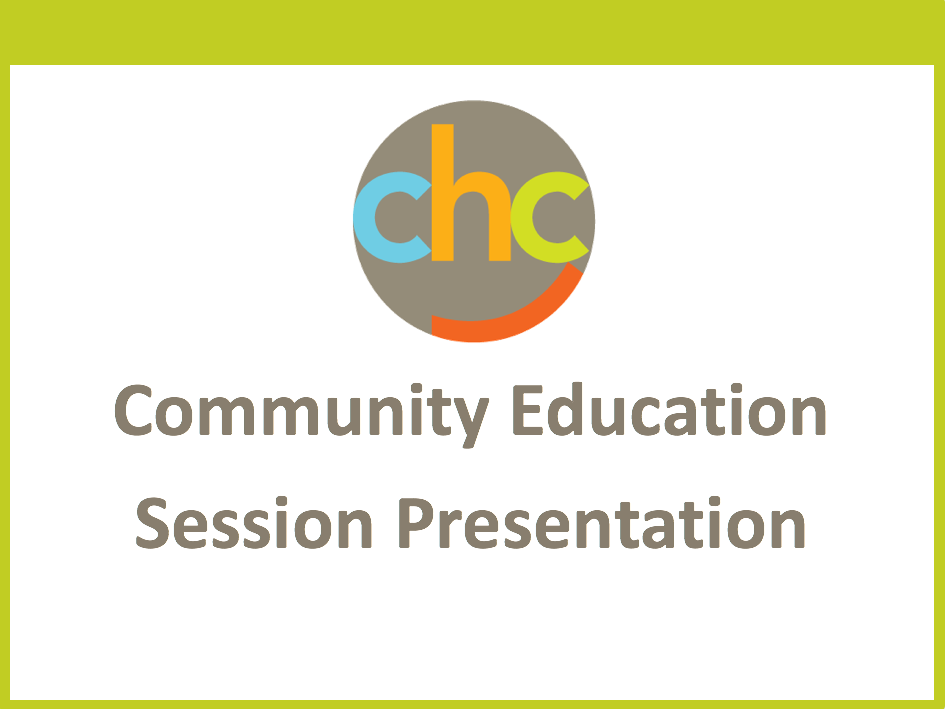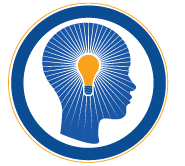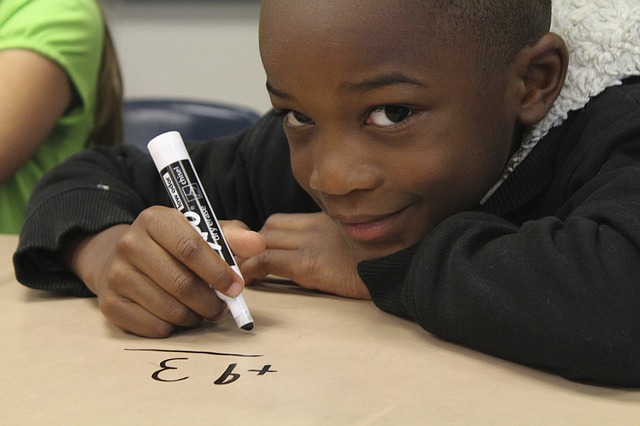Early Test Scores Do Not Predict Future Academic Growth; School Quality Matters More
 Early test scores do not predict future academic growth, according to research from Stanford.
Early test scores do not predict future academic growth, according to research from Stanford.
The research was performed by Sean Reardon, a professor who studies poverty and inequality in education at the university, and based upon analysis of test scores of students in grades 3-8 at 11,000 districts across the country. Read more ›


 The ability to exercise self-control — even with a specific, self-imposed goal in mind — is tough, even as it develops with age. New research from the
The ability to exercise self-control — even with a specific, self-imposed goal in mind — is tough, even as it develops with age. New research from the  In focusing on the positive, teachers can foster better academic and personal outcomes for students.
In focusing on the positive, teachers can foster better academic and personal outcomes for students.
 Every student who gets
Every student who gets  The
The  Dyslexic learners struggle in school and often do not receive the help they need due to a lack of educator and parental awareness. In order to reverse the negative academic trajectory these students often face, awareness is a crucial first step in helping learners get the help they need.
Dyslexic learners struggle in school and often do not receive the help they need due to a lack of educator and parental awareness. In order to reverse the negative academic trajectory these students often face, awareness is a crucial first step in helping learners get the help they need.
 The
The 

